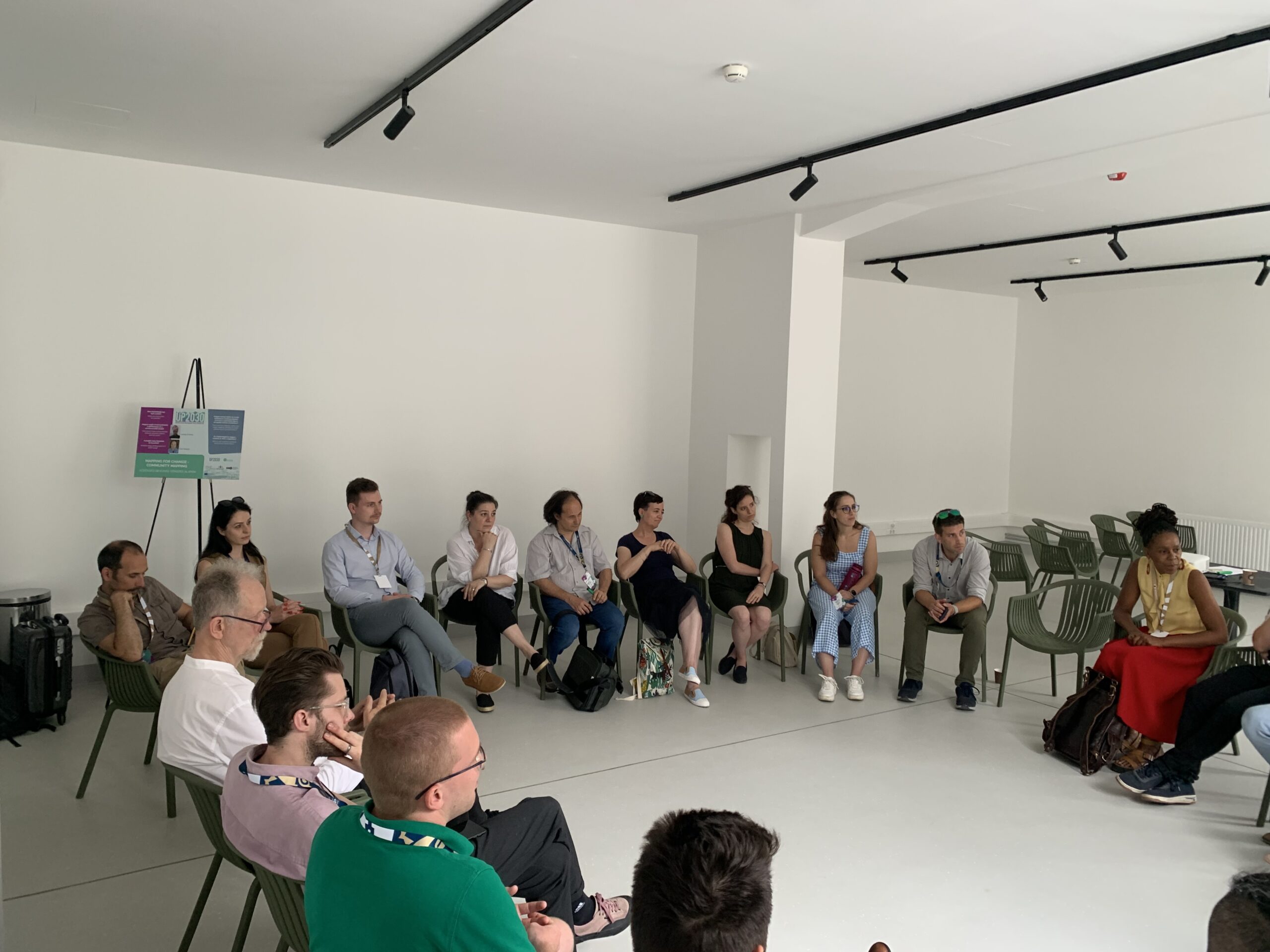

In the rapidly evolving landscape of urban development and climate action planning, creating robust local communities of practice has emerged as a vital strategy for fostering knowledge exchange and co-creation. This innovative approach is anchored in the establishment of Learning and Action Alliances (LAAs), a stakeholder framework designed to enhance communication, coordination, and dialogue across multiple levels. This blog explores the progress and impact of LAAs in various pilot cities, highlighting their role in reshaping community engagement and urban planning.
Mapping Stakeholder Ecosystems
The initial phase of this initiative, known as the needs identification phase, saw pilot cities mapping their relevant stakeholder ecosystems. This mapping exercise was crucial in shaping pilot projects through coordination and cooperation with newly formed LAAs. By the 18th month, all pilot cities had active LAAs, albeit with varying compositions. The LAAs in different cities exhibited two primary distinctions:
- Broad stakeholder involvement: Some cities included a diverse array of stakeholders, ranging from different City Hall departments to NGOs, local community groups, schools, and individual citizens.
- Confined to City Hall/local public agencies: In other cases, the LAAs were primarily composed of different departments within City Hall and locally relevant public agencies.
Despite these differences, the process of co-defining needs and co-designing actions has been universally positive for the pilot cities. The involvement of citizens and stakeholders beyond City Hall has proven to be particularly impactful. Where LAAs remained confined to City Hall, knowledge exchange and co-creation were still enhanced through cross-departmental engagement and alignment within City Hall.
Success Stories: Granollers and Budapest
The success of these initiatives is evident in the experiences of cities like Belfast, Granollers, and Budapest. Each city demonstrated unique strengths and challenges in engaging stakeholders and fostering collaboration.
- Granollers: The needs and vision workshops in Granollers took place in the framework of Granollers’ plans to regenerate the La Bóbila sector in the city, a large urban area strategically located next to the main railway station. The city utilized the UP2030 project to set in motion an intentional co-design process. These activities were marked by high participation and high levels of collaboration from a wide range of local actors, including City Hall departments, local public agencies, community groups, NGOs, and individual citizens. The city also organized targeted participatory activities for vulnerable groups, such as migrants, conducting in-person sessions at adult Spanish and Catalan learning classes. This inclusive approach ensured that diverse voices were heard and incorporated into the co-design process.
- Budapest: After an internal needs and visions process, Budapest hosted a public conference attended by over 100 LAA participants, including district municipalities, City Hall departments, local architects, planners, policy experts, students, and more. Leveraging the momentum of the Budapest Healthy Streets Program, which allocates 67 million EUR in EU funding to district municipalities, the city aims to enhance stakeholder participation in those proposals, but also in all urban planning projects in the city. By utilizing public participation tools offered by UP2030 technical partners, such as Community Mapping (by Mapping for Change) Budapest is setting a benchmark for active public engagement in urban planning.
Active Participation: A Key to Success
A critical insight from these experiences is the importance of viewing LAA stakeholders as active, rather than passive, participants. Genuine involvement and participation not only capture local knowledge more effectively but also facilitate the replication of successful strategies at different scales. This approach addresses a significant societal challenge: the widespread loss of trust, representation, and accountability of public authorities in the eyes of the public. The active participation of citizens and stakeholders creates a sense of ownership and trust, making public policies more transparent and accountable. Cities like Granollers and Budapest exemplify how inclusive and participatory approaches can lead to more resilient and sustainable urban development.
The journey of these pilot cities underscores the transformative potential of local communities of practice in urban planning and public policy. By fostering knowledge exchange and co-creation through active stakeholder engagement, cities can build more inclusive, transparent, and accountable governance structures.


